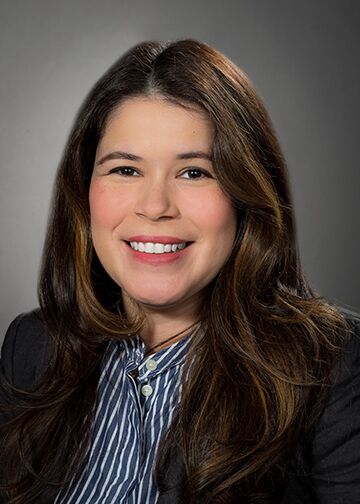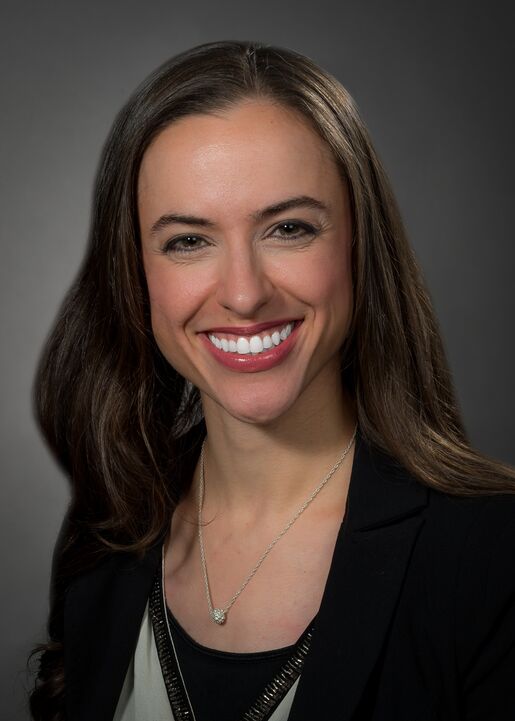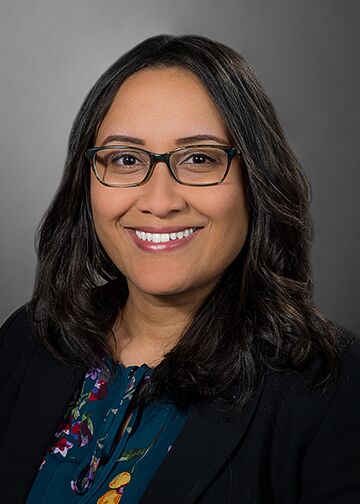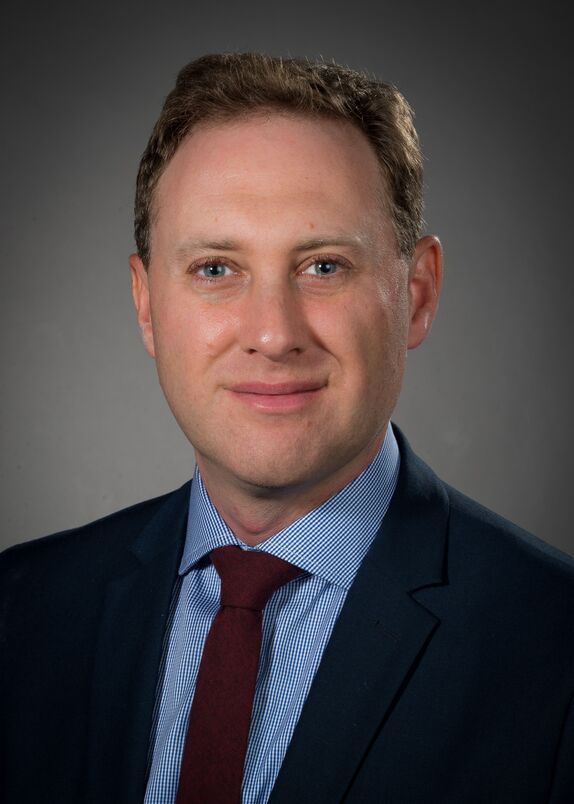Cognitive Behavioral Therapy Program
The Cognitive Behavioral Therapy (CBT) Practice at Northwell Health Physician Partners offers evidence-based therapies for a wide range of mental health conditions. CBT teaches you to examine the connections between your emotions, thoughts, behavior and body. You’ll learn how to change unhelpful patterns of emotional reactivity, thinking and behavioral habits. We work together at every step to help you develop skills and healthy behaviors that can improve your quality of life.
We provide a wide range of cognitive behavioral therapy (CBT) interventions for children, adolescents and adults, and provide individual, dyad (parent/child) and group therapy. We are a hybrid practice, offering both live in-person and telehealth and sessions. We are committed to providing the best possible evidence-based care for health care workers and the broader community.
Conditions we treat
Anxiety disorders
- Generalized anxiety disorder (GAD)
- Health anxiety disorder
- Panic disorder and agoraphobia (PDA)
- Separation anxiety
- Specific phobias (heights, animals, enclosed spaces, driving, blood/injection/injury phobia, etc.)
- Social anxiety disorder/social phobia
Depressive & mood
- Bipolar I or II (if stable on medications)
- Dysthymia/persistent depressive disorder
- Major depressive disorder (MDD)
Dissociative
- Depersonalization/derealization disorder
Eating
- Avoidant restrictive food intake disorder (ARFID)
Elimination
- Enuresis
- Encopresis
General medical conditions
- Chronic pain
- Cancer
Neurodevelopmental & disruptive behavior disorders
- Attention-deficit hyperactivity disorder (ADHD, across the life span)
- Tic disorders & Tourette syndrome
- Oppositional defiant disorder (ODD)
- Autism spectrum disorders
Obsessive compulsive & related disorders
- Obsessive compulsive disorder (OCD)
- Obsessive compulsive personality disorder (OCPD)
- Body-focused repetitive behaviors, such as trichotillomania (hair pulling) and excoriation (skin picking)
Parenting skills enhancement
CBT can help with everyday parenting for children and adolescents with:
- Anxiety disorders or OCD
- Irritability
- Neurodevelopmental disorders (ADHD, ASD)
Sleep-wake & parasomnia
- Insomnia
- Nightmare disorder
Substance use
- Nicotine/tobacco use disorder
Trauma & stress
- Adjustment disorder with anxiety or mood
- Post-traumatic stress disorder (PTSD)
- Traumatic and complicated grief
- Bereavement
Other conditions
- Relationship and interpersonal problems
- Couples discord/dissatisfaction
Therapies we offer
We offer both individual and group therapy, and parenting skills enhancement. Individual therapy typically requires a consistent weekly commitment for treatment to be effective. Treatment schedules are unique to each person and can be discussed with your provider.
In some cases, we run time-limited groups. Group size is determined by the clinician. Group sessions typically run about 50 minutes, and on a three-to-four-month cycle.
Parenting skills enhancement can be effective in one- or two-parent homes. In two-parent homes, parenting skills enhancement is most effective when both parents attend the sessions together.
Specialized CBT and other evidence-based therapies (EBTs) we offer:
- Acceptance and commitment therapy (ACT) for anxiety, OCD, depression and chronic pain
- Behavioral activation therapy (BAT) for depression
- Cognitive behavioral intervention for tics and Tourette syndrome (CBIT)
- CBT for
- Insomnia (CBT-I)
- Chronic pain
- Complicated/prolonged grief
- Cognitive processing therapy (CPT) for PTSD
- Coping Cat program for childhood anxiety
- Coping power for children with ADHD or ODD and their parents
- Exposure and response prevention (ERP/ExRP) for OCD
- Habit reversal therapy (HRT) for
- Body-focused repetitive behaviors (hair pulling, skin picking)
- Interpersonal and social rhythm therapy (IPSRT)
- LGBTQIA+ care
- Massed exposure therapy
- Meaning-centered therapy for cancer
- Medical-behavioral treatment (MBT) for encopresis and enuresis
- Mindfulness-based approaches
- Motivational interviewing (MI) and brief action planning MI (BAP-MI)
- Nightmare rescripting
- Organizational skills training (OST)
- Parenting skills enhancement (individual and group)
- Coping power and parent training
- Parent management training (PMT)
- Supportive parenting for anxious childhood emotions (SPACE) for anxiety, OCD and ARFID
- Prolonged exposure (PE) for PTSD, phobias, anxiety disorder
- Skills training in affective and interpersonal regulation narrative therapy (STAIR)
- Trauma-focused cognitive behavioral therapy (TF-CBT) for children and adolescents
- Unified protocols for transdiagnostic treatment for emotional disorders in adults and children/adolescents (UP)
- Written exposure therapy (WET)
- Virtual reality exposure therapy (VRET)
We do not prescribe psychiatric medications but can provide recommendations and referrals to prescribers if needed.
Frequently asked questions
How can I prepare for the intake session?
- Please thoroughly read and complete the intake packet, which includes registration forms, demographic and insurance information, prior medical and mental health history and other questionnaires.
- Return the intake packet no later than 48 hours prior to your appointment.
What can I expect during an intake/initial session?
- Your psychologist will review the intake packet and ask follow-up questions about your background and history, review attendance policies, discuss confidentiality and its limits, and answer questions about their training and experience as well as CBT.
- Your psychologist will conduct a thorough interview about many kinds of mental health conditions.
- For child and adolescent patients, we often meet with the parents first, separately, and then with the child later.
- Your psychologist may also give you additional questionnaires to complete.
- We may provide and ask you to complete consent forms to speak with other providers or staff at your child’s school.
How long does CBT take? What is a typical course of CBT?
- After the evaluation is completed (which may take a few sessions), your psychologist will have a feedback and treatment planning session, in which your conditions are discussed, your priorities are assessed, and your goals are collaboratively determined.
- The course of CBT varies by diagnosis, number of conditions, and stressful life events during psychotherapy.
- Most individual diagnoses can be effectively treated in four to six months, but multiple diagnoses may take longer, as skills learned need to be applied to other situations and stressors.
- Most patients experience some relief from their symptoms as they begin to apply the skills learned in therapy in their everyday life.
How long is a CBT session?
- We prefer to have 53-minute sessions, which is longer than most other practices.
- If your child cannot tolerate the time, 45-minute sessions may be conducted.
- Please note that insurance forms often call 53-minute sessions 60-minute sessions.
How many sessions a week is typical?
- With few exceptions, most patients can be treated in one session weekly. If a patient requires more intensive treatments, a referral is made to other practices.
- However, some child/adolescent treatments involve extensive parenting skills enhancement, which may require a second weekly session.
As a parent, how involved will I be during CBT for my child?
- Parents are strongly encouraged to participate in the last 10 minutes of the session, around the 45-minute mark. Patients benefit from their involvement, and parents learn how to support their child’s skill development and use specialized techniques.
- Some child-focused forms of CBT have weekly full sessions for parents, whiles others have them every so often.
- Since we cannot contact minors by phone or digital means directly, we ask parents to be available to assist with technical aspects of teletherapy.
Do you offer CBT by teletherapy?
- We do offer teletherapy if there is privacy and a good WiFi connection wherever you are.
- Depending on your insurance, you may need to have in-person sessions for your first intake and other appointments every so often, even if we generally see you with teletherapy.
- Some insurance companies may limit the number of in person or teletherapy visits over time.
- Conducting CBT over teletherapy is equally effective as in person CBT for many diagnoses. However, young children, those who are easily distracted, or people in noisy environments are less likely to benefit from teletherapy.
- You will collaborate with your therapist to figure out which is best for you—in person or teletherapy visits.
Our team

Kathleen Camacho, PsyD
Psychologist, Northwell Health

Daniel L. Hoffman, PhD, ABPP
Director, CBT Practice, Northwell Health Physician Partners

Miriam Holtzman, PsyD
Senior Psychologist, Northwell Health

Elizabeth Ramjas, PhD
Psychologist, Northwell Health

Andrew Shimkus, PsyD
Psychologist, Northwell Health

David Singer, PsyD, A-CBT
Senior Psychologist, Northwell Health
Locations
If there are no current openings, patients will be placed on the waiting list until psychologists have availability in their schedule.
Helpful links
If you or your child are on the waiting list for the CBT, get more information from the resources below.
Mental health organizations
- Anxiety & Depression Association of America
- Association for Behavioral and Cognitive Therapies (ABCT)
- Effective Child Therapy
- InfoAboutKids/Consortium for Science-Based Information on Children, Youth and Families (CSICYF)
- International OCD Foundation
- National Child Traumatic Stress Network (NCTSN)
- The TLC Foundation for Body Focused Repetitive Behaviors

